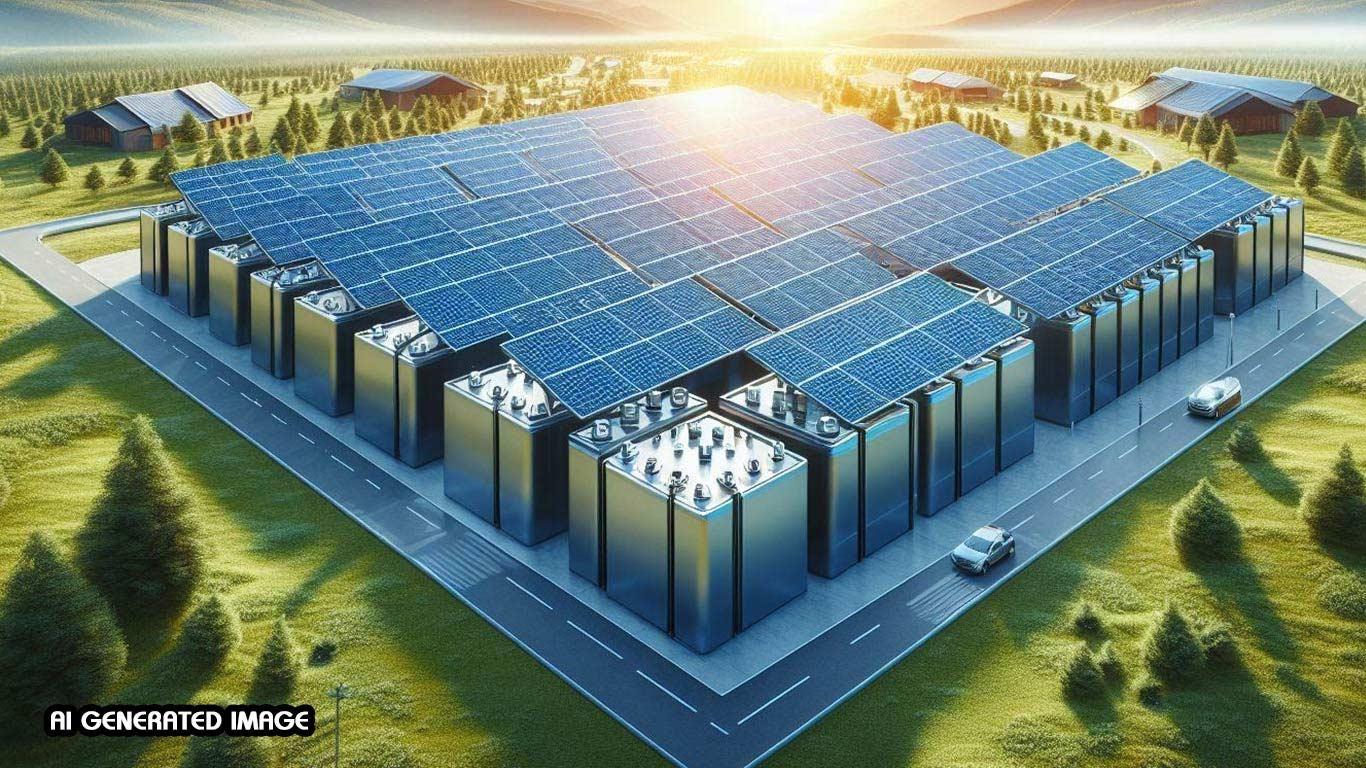
India's Energy Storage Capacity Set For Major Expansion: SBI Capital
A comprehensive report by SBI Capital Markets suggests that India's energy storage systems sector is poised for significant growth across the value chain, particularly in cell manufacturing and component production.
According to the analysis, India's energy storage capacity is projected to increase twelve-fold, reaching 60 GW by 2031-32, driven by supportive government policies and rising demand.
The report emphasises that declining costs of energy storage technologies are playing a crucial role in their increasing adoption.
It identifies grid instability, caused by mismatches between surplus capacity and power demand profiles, as a key factor necessitating robust energy storage solutions.
Two primary technologies, Battery Energy Storage Systems (BESS) and Pumped Storage Projects (PSP), are expected to dominate the sector entirely.
BESS is anticipated to emerge as the leading technology, thanks to its advantages in locational flexibility, technological advancement potential, improving discharge characteristics, and quick response capabilities.
Cost analysis reveals that batteries and related components constitute approximately 80 percent of a battery energy storage system's total expense.
The report highlights a significant concern regarding India's current dependence on China for battery cells and their upstream ecosystem, noting potential vulnerabilities during geopolitical tensions.
In response to these challenges, the Indian government has implemented measures including a production-linked incentive scheme for advanced cell chemistry to promote domestic manufacturing.
This initiative aligns with India's broader energy transition goals, which include achieving 500 GW of non-fossil electricity capacity by 2030 and meeting half of its energy requirements through renewable sources.
The transformation of India's energy landscape comes amid global momentum for green energy adoption and climate change mitigation.
Currently reliant on fossil fuels for a substantial portion of its energy needs, India is actively exploring various renewable energy sources, including green hydrogen, to reduce its dependence on conventional power sources.
(KNN Bureau)
Legal Disclaimer:
MENAFN provides the
information “as is” without warranty of any kind. We do not accept
any responsibility or liability for the accuracy, content, images,
videos, licenses, completeness, legality, or reliability of the information
contained in this article. If you have any complaints or copyright
issues related to this article, kindly contact the provider above.


















Comments
No comment